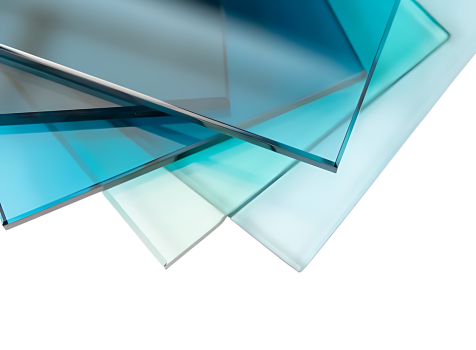Flat transparent sheet glass’s BIS certification guarantees adherence to IS 2835: 1987 criteria for quality and safety. Manufacturers have to apply via the BIS portal, send samples for testing at a BIS-approved lab, and have a factory inspection. Approved, they get an ISI mark and license for their good. Renews call for regular audits and compliance checks. The three to six months of the process cost roughly ₹1-2 lakhs. Glass sold in India must be certified in order to guarantee safety, transparency, and durability. Following BIS recommendations exactly guarantees seamless certification and commercial operations.

Flat Transparent Sheet Glass
2835 : 1987IS 2835:1987 is the Indian Standard for Flat Transparent Sheet Glass, specifying quality, thickness, and manufacturing requirements for safety and durability in architectural and automotive applications.
HS Code 283529 refers to other phosphinates (hypophosphites) and phosphonates (phosphites), which are chemical compounds used in various industrial applications, including water treatment and flame retardants.
HS Code 2835 covers phosphinates, phosphonates, phosphates, and polyphosphates, which include a range of inorganic chemical compounds used in fertilizers, detergents, and water treatment.
Category 2 glass refers to tempered or heat-strengthened glass, offering enhanced strength and safety compared to standard annealed glass, often used in buildings, vehicles, and protective applications.
The HS Code for Dicalcium Phosphate (DCP) is 283525, used primarily in animal feed supplements, fertilizers, and as a food additive for calcium and phosphorus enrichment.